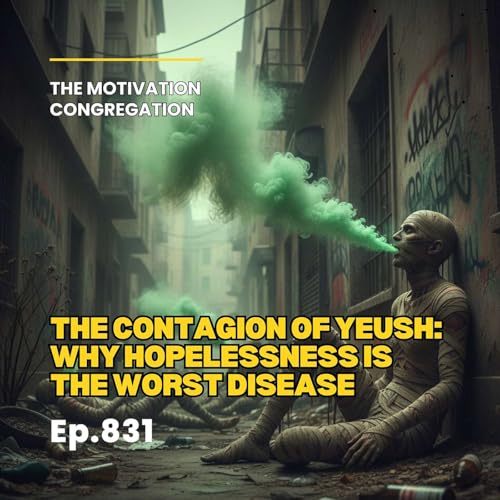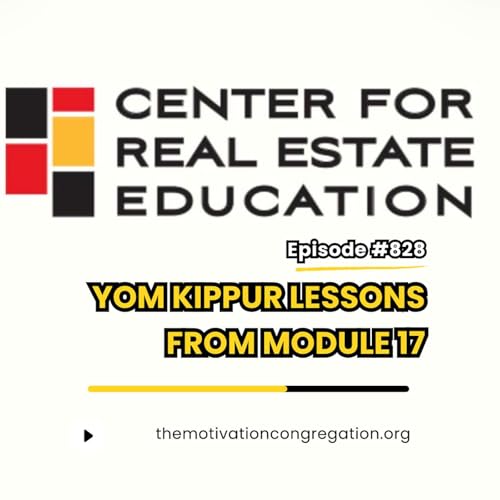A deal gone sideways can expose more than a bad contract—it can reveal the gap between who we say we are and how we actually work. I share a raw story from my first 49 days in real estate, when I expected the market to behave like yeshiva and slammed into a seller who hid flaws and cut corners. That moment forced me to confront a quiet assumption: that Torah belongs in shul while business belongs to its own rules. Once I saw the split, I couldn’t unsee it.
What follows is a practical, personal exploration of how Judaism reframes the flow of our days. Instead of “doing religion” in a building and then returning to normal life, we bring life into shul, learn, and then return to life with those lessons in hand. Prayer becomes calibration. The beis midrash becomes training, not escape. And real estate—offers, inspections, disclosures, negotiations—turns into a live test of whether those values hold under pressure. I walk through what that looks like when you’re selling a multifamily, writing comps, or setting buyer expectations: naming flaws early, highlighting strengths honestly, protecting time commitments, and respecting every person in the room.
This isn’t a sermon. It’s a field guide for ethical action when the stakes are real. We talk about trust as a business asset, why transparent deals compound referrals faster than clever spin, and how to negotiate hard without crossing lines. We explore the difference between innocence and integrity, and how daily habits—documenting issues, keeping your word, guarding language—remove the friction from doing the right thing. If you’ve ever felt the tension between your ideals and your income, this conversation gives you a workable blueprint for closing the gap.
If this resonates, follow the show, share it with a colleague who cares about doing right, and leave a quick review with one way you bring your values to work. Your stories help shape where we go next.
Support the show
Join The Motivation Congregation WhatsApp community for daily motivational Torah content!
----------------
- SUBSCRIBE to The Weekly Parsha for an insightful weekly talk on the week's Parsha.
- Listen on Spotify or 24six!
- Access all Torah talks and listen to featured episodes on our website, themotivationcongregation.org
----------------
Questions or Comments? Please email me @ michaelbrooke97@gmail.com
 3 分
3 分 4 分
4 分 5 分
5 分 3 分
3 分 2025/12/154 分
2025/12/154 分 2025/12/094 分
2025/12/094 分 5 分
5 分 4 分
4 分
